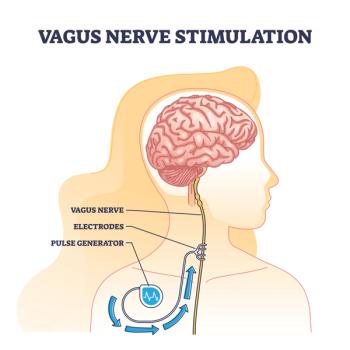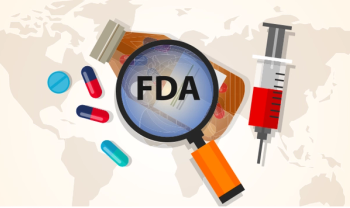
Seeking a Better Definition of Remission From Major Depressive Disorder
Identifying what is truly treatment resistant depression is difficult given all the factors that may influence how a person responds to treatment.
By many accounts, approximately one-third of patients with major depressive disorder (MDD) will be unable to achieve remission. It’s easy to blame the potency or choice of therapies, but there’s often more going on than that.
Patients who have difficulty achieving remission after two or more antidepressant therapies that have been taken sequentially in the prescribed manner fall into the treatment resistant depression (TRD) category
Even within that generally accepted definition, there is room for substantial variance. For example, treatment length and dosage, and gaps between therapy changes may vary from patient to patient, resulting in poor standardization.
“The absence of a consensus definition hampers precise estimates of the prevalence of TRD, and also belies efforts to identify risk factors, prevention opportunities, and effective interventions,” wrote lead author Roger S. McIntyre, M.D., of the Toronto Brain and Discovery Foundation, and his colleagues in a review.
Failure to achieve remission may be for reasons not directly connected to the efficacy of the drugs prescribed. For example, and perhaps most obviously , patients may not adhere to their prescription. Other complicating factors include comorbidities, unrelated medications, and socioeconomic factors. They may all, to some degree, counteract efforts to relieve a patient’s depression with adequate treatment.
Among those prescribed antidepressants by a primary physician, “evidence indicates that … the majority discontinue treatment prematurely,” McIntyre and his colleagues noted.
The lack of universally accepted definitions of TRD has also been known to affect insurance coverage, which is another factor in adherence and failure to remit.
In the STAR*D trial, one of the largest trials to assess failure rates across multiple treatments for MDD, it was found that, in the early stages, factors associated with the best responders were being white, well-educated, married, employed, and/or having a higher-than-average income. All those factors suggest the advantaged circumstances increase the chances of MDD remission.
“In contrast, those individuals with a lengthy index episode of depression and presenting with psychiatric or medical comorbidity exhibited a lower probability of achieving remission,” wrote Nhu N Huynh, of the Department of Psychiatry and Pharmacology, University of Toronto, and McIntyre, in a separate review of the STAR*D trial.
The difficulty of appropriately matching patients with the right medication is also blamed for poor rates of remission. Clinicians note that there are very few known biomarkers that can point toward appropriate therapies.
Selecting medicine for patients with TRD has been compared to a trial-and-error process, which may partly account for why failure rates are highest on the first round of medication and go down as more medications are attempted.
However, in the STAR*D trial, the strongest and best remissions were achieved with the initial therapy, and for those patients who achieved remission on later therapies, the likelihood of relapse was much greater.
Finally, it is generally regarded that a 50% or greater reduction of symptoms constitutes a remission, while a 20%-to-50% decline in symptoms constitutes a partial remission. Therefore, for many patients, a technical remission is only one step in the journey to recovery. Much follow-up care is required to prevent a relapse.
“Response…has proven to be an inadequate goal, as many patients meeting the criteria for response will continue to have residual symptoms and functional impairments,” wrote Dawn F. Ionescu, M.D., of the Department of Psychiatry at Massachusetts General Hospital, Boston, and her colleagues.
Taking all into consideration, the bottom line may be that failure to remit does not signify that available therapies are necessarily inadequate or that the full armamentarium may be insufficient to a patient’s need.
Newsletter
Get the latest industry news, event updates, and more from Managed healthcare Executive.

























